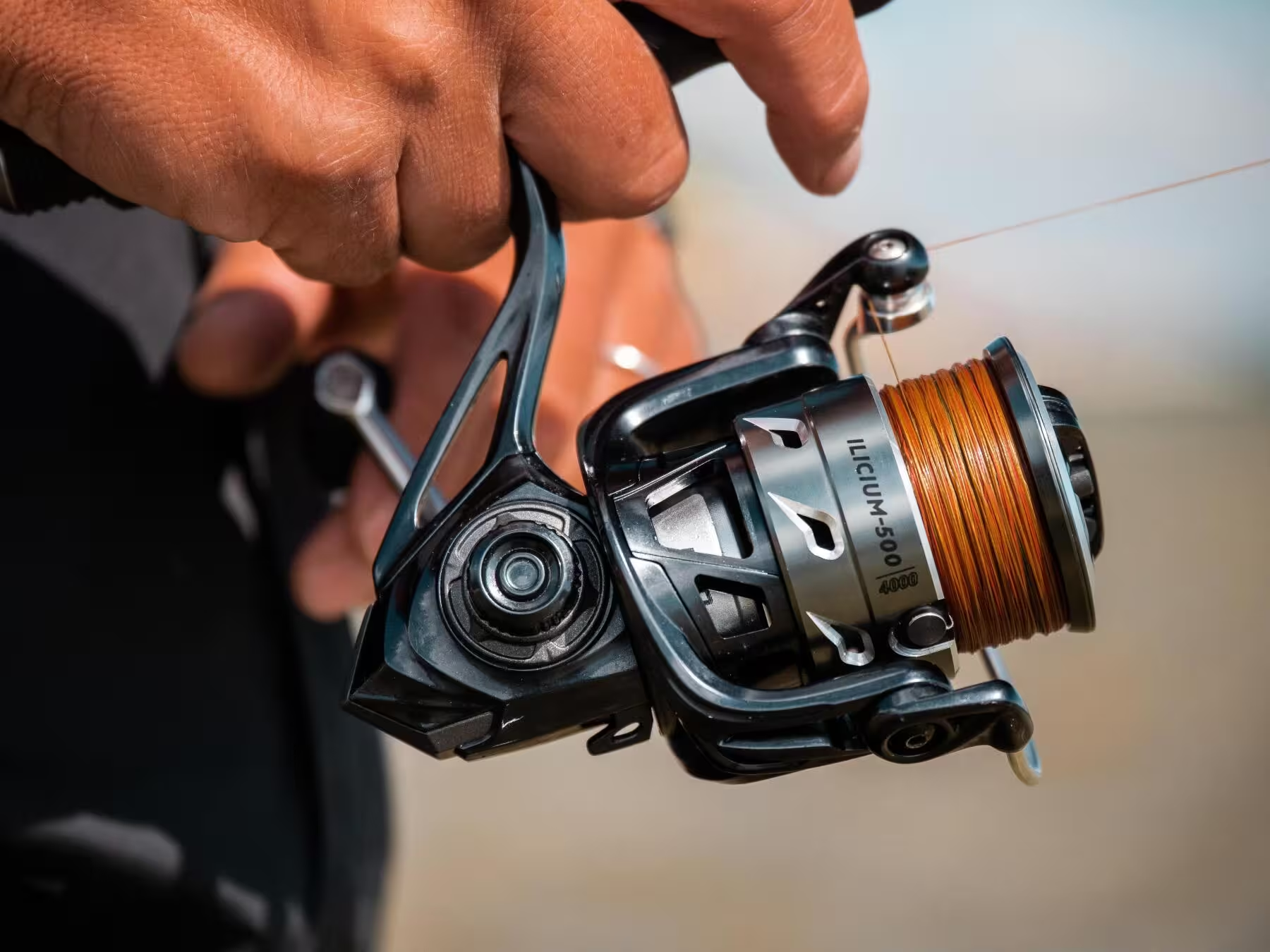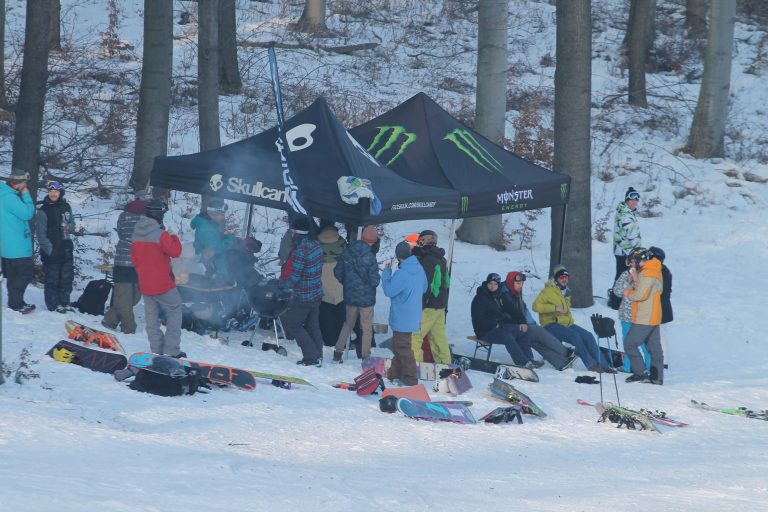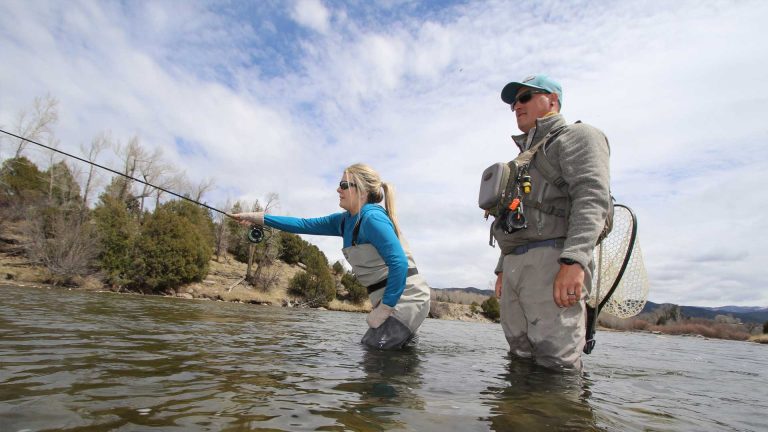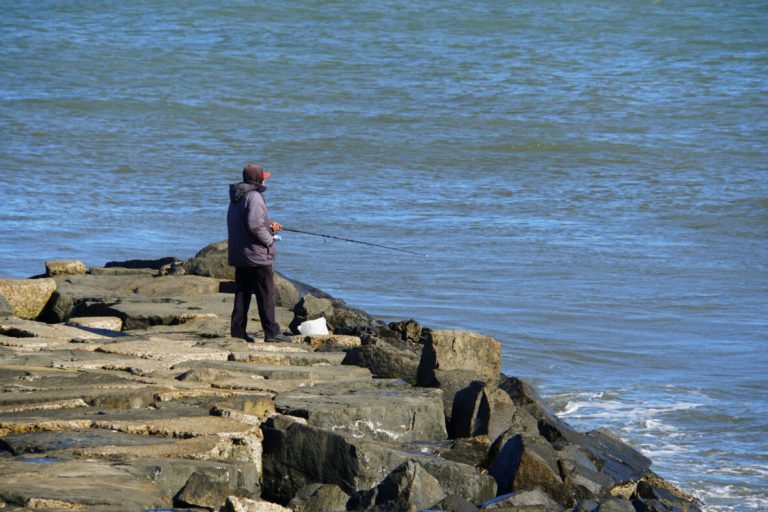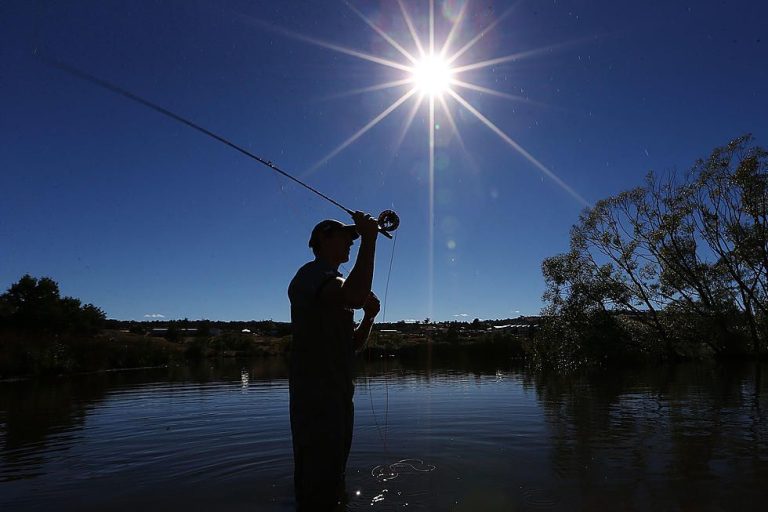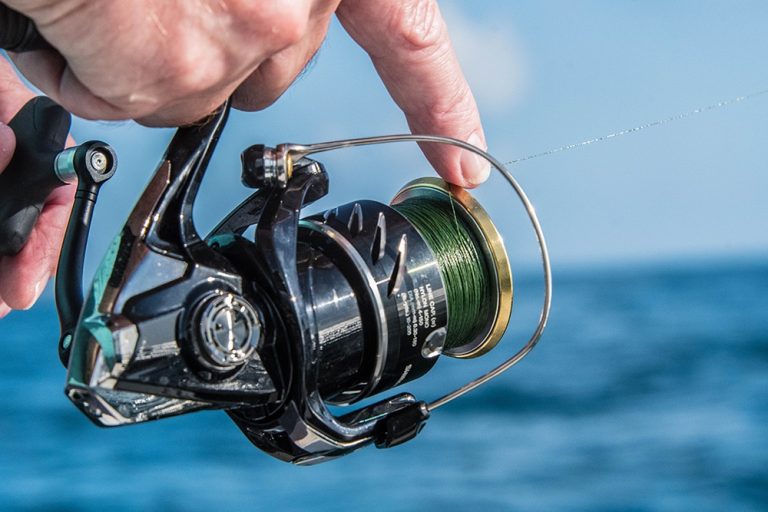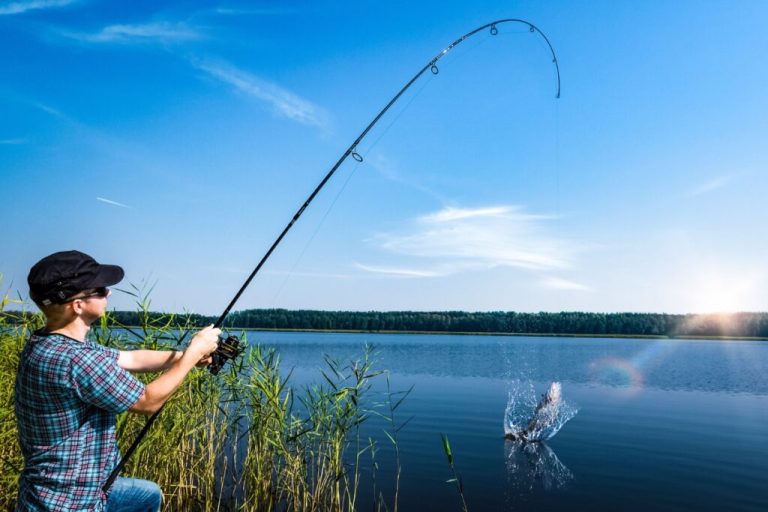Are you planning a fishing adventure in the stunning waters of Alaska? Before you cast your line, it’s crucial to understand the fishing license requirements and fees, which vary depending on your residency status. In this comprehensive guide, we will dive deep into the differences between resident and non-resident Alaska fishing license fees, explore the types of licenses available, and provide essential information to ensure you’re properly licensed for your Alaskan fishing escapade.
Understanding Alaska Fishing Licenses
Fishing in Alaska is not just a recreational activity; it is a way of life for many residents and a significant draw for tourists. The state is home to some of the richest fishing grounds in the world, offering a variety of species including salmon, halibut, and trout. However, to fish legally in Alaska, you must obtain the appropriate fishing license based on your residency status.
Who Needs a Fishing License?
In Alaska, all anglers aged 16 and older must possess a valid fishing license to fish in both freshwater and saltwater. This requirement applies to both residents and non-residents. Additionally, specific species, such as king salmon, require an extra stamp or permit.
Resident vs Non-Resident Fishing License Fees
One of the most significant factors affecting Alaska fishing license fees is residency status. Alaska residents benefit from lower license fees compared to non-residents. Below is a detailed comparison of the annual fishing license fees for residents and non-residents.
License Fee Comparison Table
| License Type | Resident Fee ($) | Non-Resident Fee ($) |
|---|---|---|
| Annual Sport Fishing License | $20 | $100 |
| Annual Sport Fishing and Hunting License | $60 | $260 |
| 1-Day Sport Fishing License | $15 | $30 |
| 3-Day Sport Fishing License | $25 | $45 |
| 7-Day Sport Fishing License | $45 | $75 |
| 14-Day Sport Fishing License | $75 | $150 |
| King Salmon Stamp (Annual) | $10 | $100 |
| King Salmon Stamp (1-Day) | $15 | $15 |
As evident from the table, non-resident anglers pay significantly higher fees compared to residents for both annual and short-term fishing licenses in Alaska.
Residency Requirements for Fishing Licenses
To qualify as an Alaska resident for fishing license purposes, you must meet specific criteria:
- Physical Presence: You must be physically present in Alaska for at least 12 consecutive months immediately before purchasing the license.
- Domicile: You must maintain a domicile in Alaska.
- No Claim of Residency Elsewhere: You must not claim residency in another state or country.
Special Considerations for Seniors and Disabled Veterans
Senior residents aged 60 or older can purchase an annual fishing license for just $5. Additionally, disabled veterans meeting specific qualifications can obtain a free annual fishing license. These provisions reflect Alaska’s commitment to supporting its residents and honoring those who have served in the military.
Why the Difference in Fees?
The disparity between resident and non-resident fishing license fees in Alaska may seem substantial, but there are valid reasons behind this pricing structure:
Conservation Efforts
A portion of the fishing license fees goes towards conservation efforts, habitat restoration, and fisheries management in Alaska. Residents contribute to these efforts through state taxes, while non-residents are expected to contribute through higher license fees. This funding is crucial for maintaining the health of Alaska’s ecosystems and ensuring sustainable fishing practices.
Economic Contribution
Alaska residents support the state’s economy year-round through taxes, spending, and employment. Non-residents, on the other hand, typically visit for shorter periods and may not contribute as much to the local economy. The higher fees for non-residents help offset the costs associated with managing the state’s fisheries and maintaining public access to fishing areas.
Access to Resources
Residents have a vested interest in the long-term sustainability of Alaska’s fisheries, as they rely on these resources for recreation, food, and sometimes livelihood. Non-residents, while still important to the state’s tourism industry, are seen as temporary users of the resource. This distinction is reflected in the pricing of fishing licenses.
Additional Fees and Permits
In addition to the base fishing license fees, anglers may need to purchase additional stamps or permits to target specific species or fish in certain areas. These additional fees apply to both residents and non-residents.
King Salmon Stamp
If you plan to fish for king salmon in Alaska, you’ll need to purchase a King Salmon Stamp in addition to your fishing license. As of 2025, the fees for the King Salmon Stamp are as follows:
| King Salmon Stamp Type | Resident Fee ($) | Non-Resident Fee ($) |
|---|---|---|
| Annual | $10 | $100 |
| 1-Day | $15 | $15 |
The significant difference in fees for the King Salmon Stamp reflects the popularity and value of this prized species.
Other Permits and Stamps
Depending on your fishing plans, you may need other permits or stamps, such as:
- Harvest Record Cards for certain species.
- Special permits for specific areas or fisheries.
- Stamps for shellfish or other marine species.
To ensure you have all the necessary permits and stamps, research the specific requirements for your intended fishing activities and locations.
Where to Purchase Alaska Fishing Licenses
Alaska fishing licenses can be purchased online, by phone, or in person at various locations throughout the state. The most convenient option is to buy your license online through the Alaska Department of Fish and Game (ADF&G) website.
In-Person Purchase Locations
If you prefer to purchase your license in person, you can visit one of the many license vendors across Alaska, including sporting goods stores, bait and tackle shops, and some convenience stores. The ADF&G website provides a list of authorized license vendors.
Digital vs. Physical Licenses
In recent years, the Alaska Department of Fish and Game has updated its policies regarding fishing licenses. While it was previously required to carry a physical copy of your fishing license, it is now acceptable to have a digital copy on your phone or other electronic devices. However, it is advisable to keep a backup plan in case your device is lost or damaged.
Do Kids Fish Free in Alaska?
One of the great benefits of Alaska’s fishing license program is that children can fish for free! Residents under 18 years old do not need an Alaska fishing license. Non-resident kids under the age of 16 also do not require a license, but they must have a catch card provided by the fishing charter or lodge.
Conclusion
Understanding the difference between resident and non-resident Alaska fishing license fees is crucial for planning your fishing adventure in the Last Frontier. While non-residents face higher fees, the money collected supports conservation efforts and fisheries management, ensuring sustainable fishing opportunities for generations to come.
Before heading out on your Alaskan fishing trip, make sure to purchase the appropriate licenses, stamps, and permits for your intended activities. By doing so, you’ll not only stay legal but also contribute to the preservation of Alaska’s world-renowned fisheries.
For the most up-to-date information on Alaska fishing license fees and regulations, visit the official Alaska Department of Fish and Game website.
Can I purchase an Alaska fishing license if I’m not a U.S. citizen?
Yes, non-U.S. citizens can purchase Alaska fishing licenses as non-residents.
Do I need a separate fishing license for saltwater and freshwater fishing in Alaska?
No, Alaska fishing licenses cover both saltwater and freshwater fishing.
Are there any age exemptions for Alaska fishing licenses?
Anglers under the age of 18 and Alaska residents over the age of 60 are exempt from purchasing a fishing license. However, they may still need to obtain certain permits or stamps.
Can I fish in Alaska with a fishing license from another state?
No, you must have a valid Alaska fishing license to fish in the state’s waters.
How long is an Alaska fishing license valid?
Annual licenses are valid for the calendar year, from January 1st to December 31st. Short-term licenses are valid for the specified number of consecutive days (1, 3, 7, or 14).
Do I need a fishing license if I’m under 18?
No, anglers under the age of 18 do not need a fishing license in Alaska. However, they must still adhere to all fishing regulations and limits.
Can I purchase a fishing license for someone else?
Yes, you can purchase a fishing license as a gift for someone else. You will need to provide their personal information, such as name, address, and date of birth, during the purchase process.
How do I prove residency when purchasing a resident fishing license?
To prove residency, you may need to provide a valid Alaska driver’s license, state ID card, voter registration card, or other documents that demonstrate your physical presence in Alaska for the required 12-month period.
Do I need a separate fishing license for saltwater and freshwater fishing?
No, the Alaska fishing license covers both saltwater and freshwater fishing. However, you may need additional permits or stamps for certain species or areas.
Can I purchase a fishing license for a specific region or area in Alaska?
No, Alaska fishing licenses are valid statewide. However, certain areas may have specific regulations or require additional permits, so it’s essential to research the rules for your intended fishing location.



